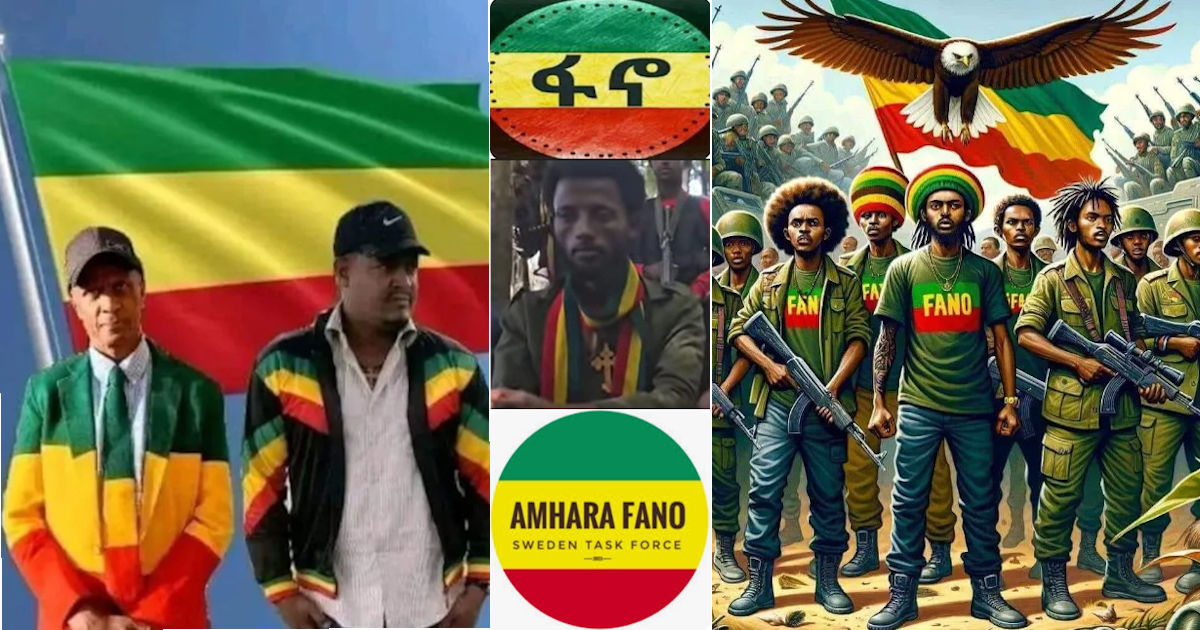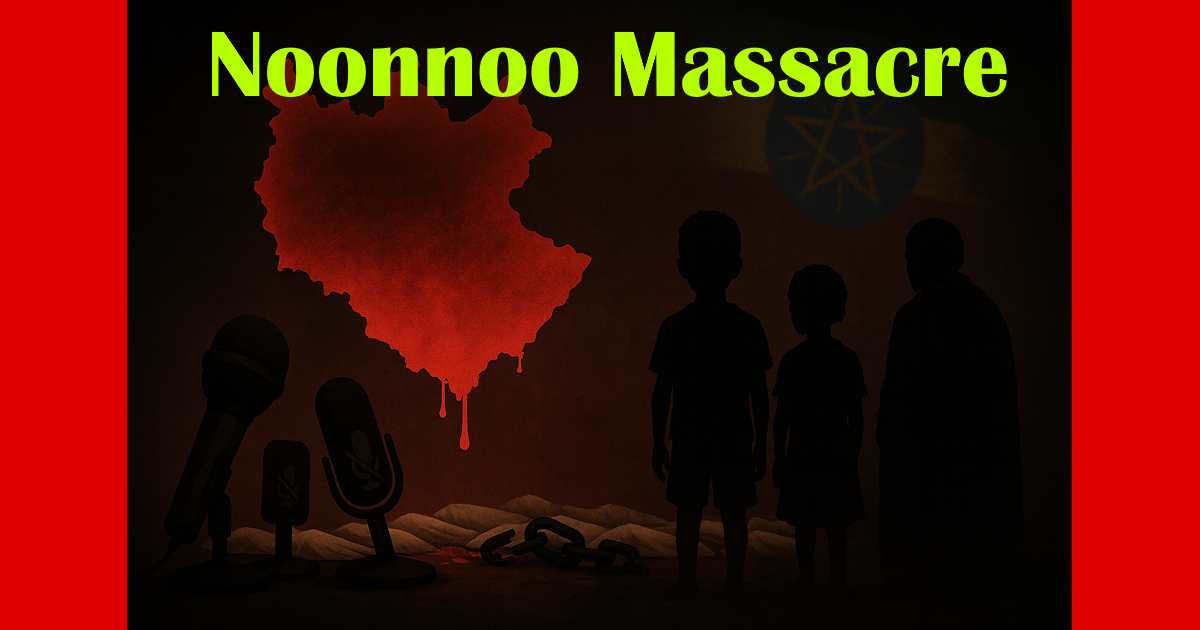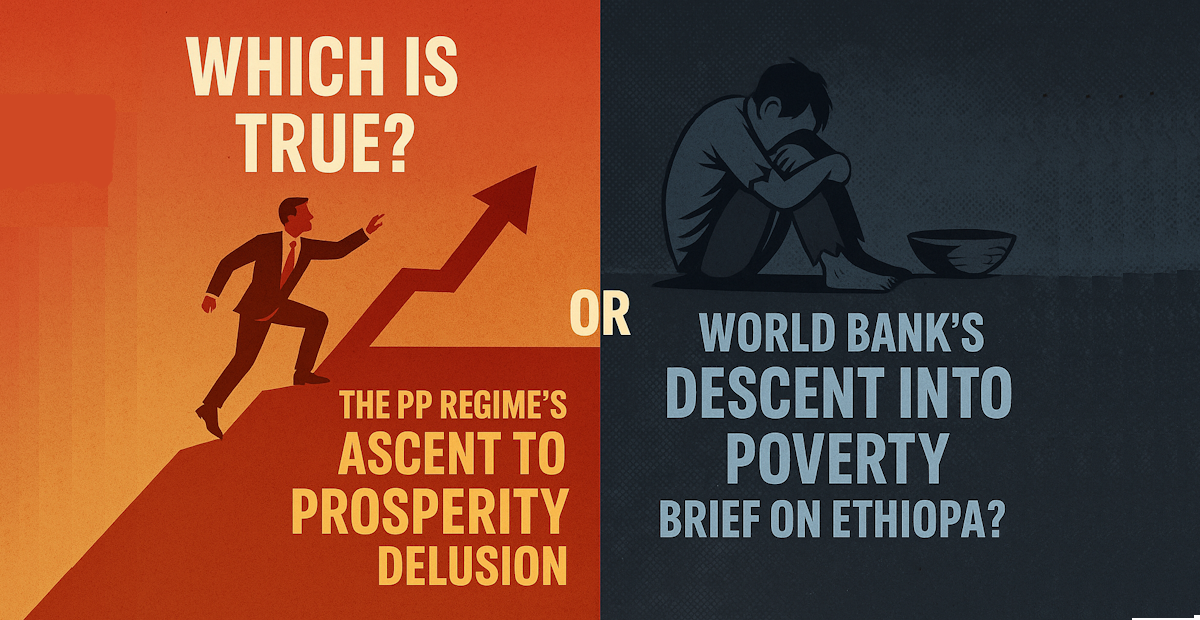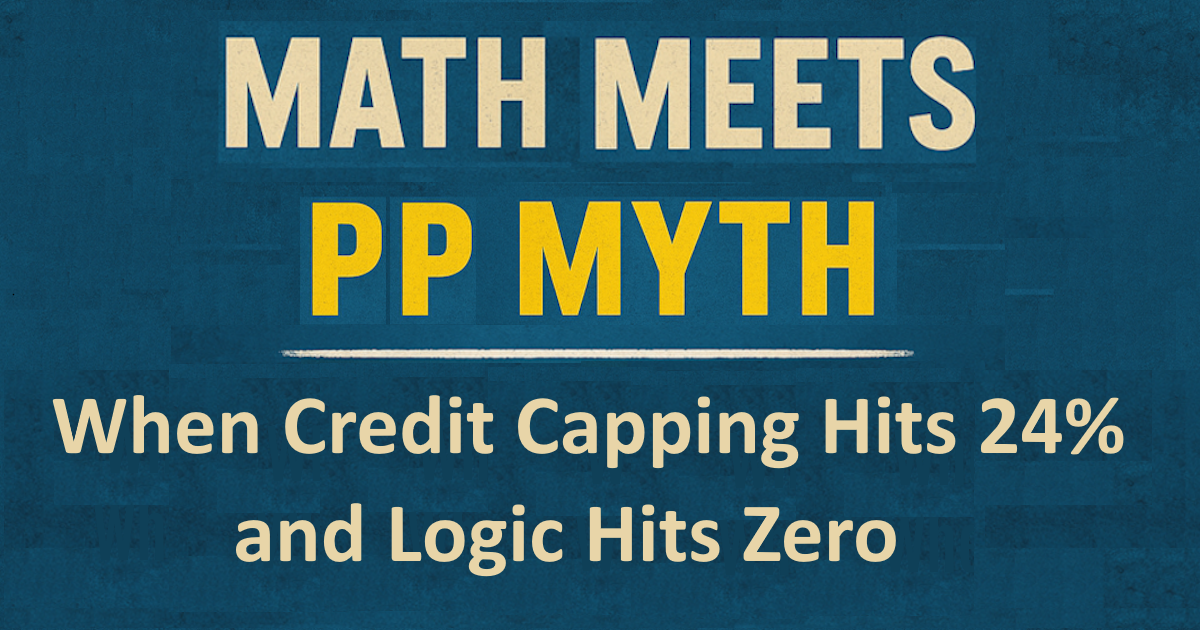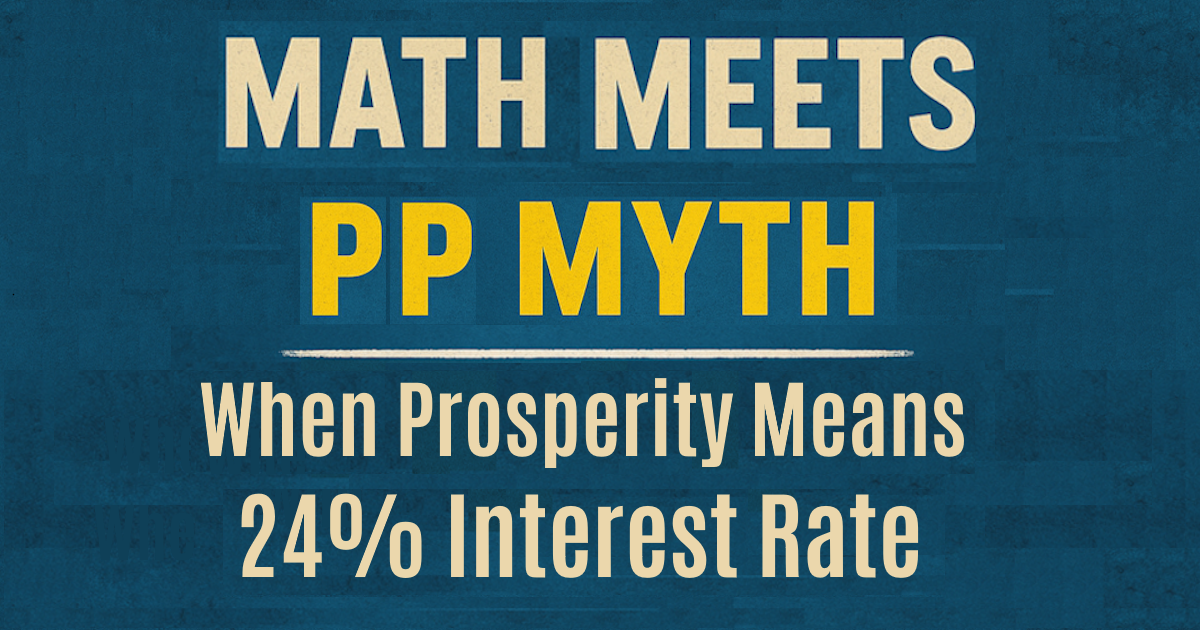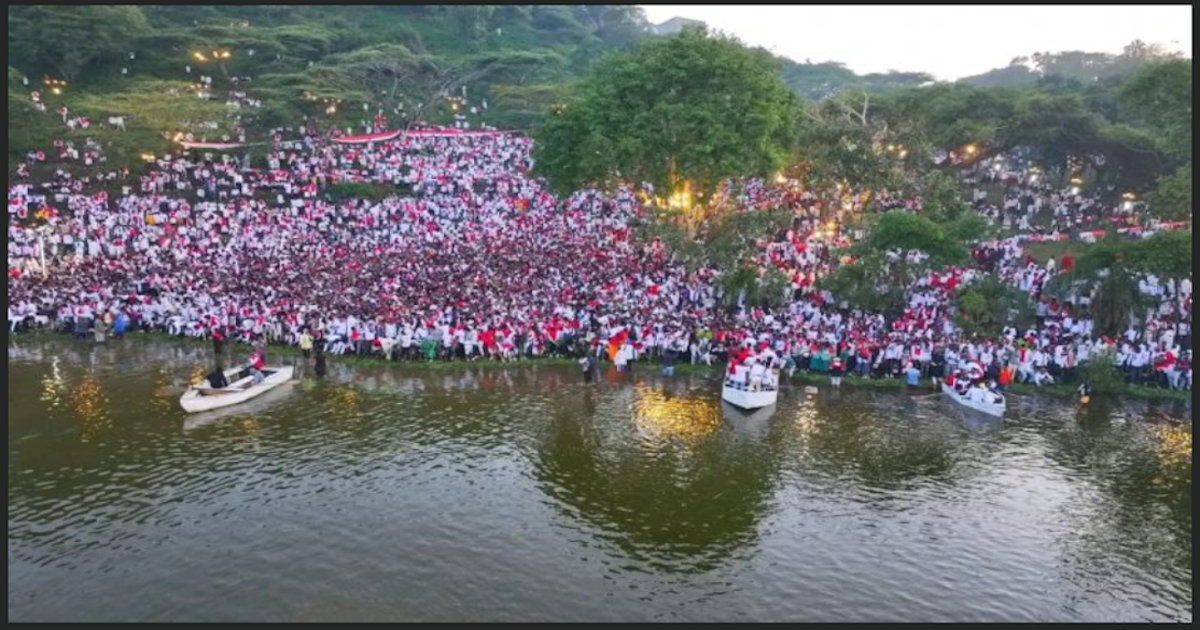The Amhara Elite Racist Worldview: Collective Unconscious and Historical Hegemony
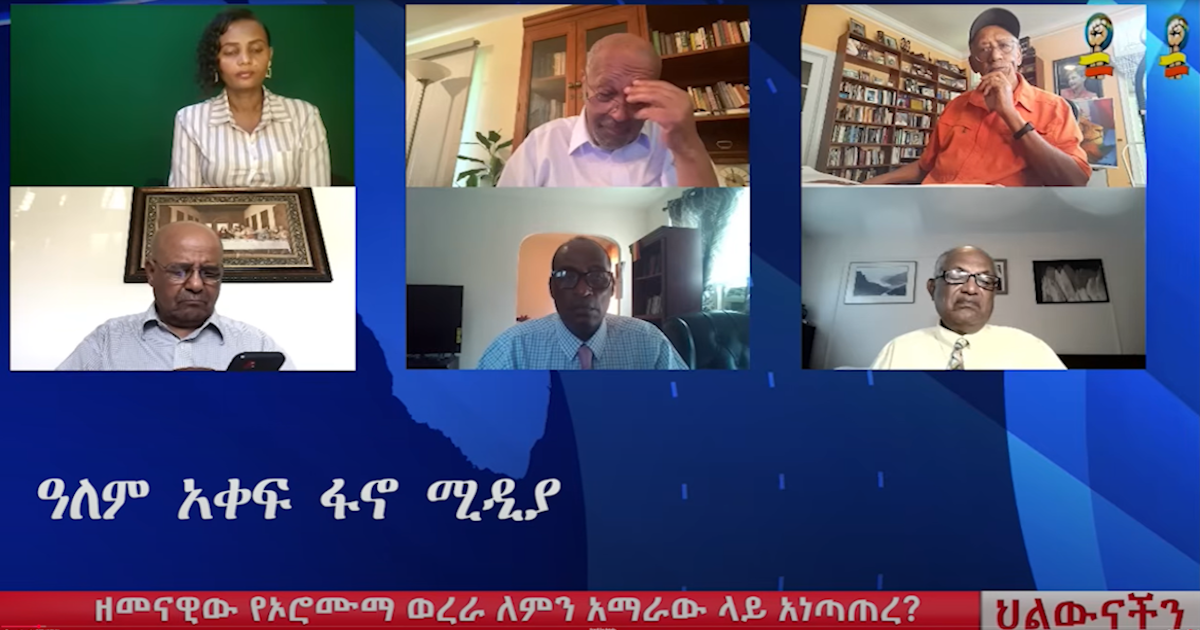
Excerpt
This article examines the enduring racist worldview propagated by sections of the Amhara political elite in Ethiopia, with specific reference to a recent video conference led by Professor Getachew Begashaw. It explores how dehumanizing ethnic slurs, territorial revisionism, and historical denialism reflect a psychological phenomenon best understood through Carl Jung’s concept of the Collective Unconscious and the Shadow. The piece argues that the Amhara elite’s projection of ethnic guilt and imperial nostalgia threatens modern Ethiopia’s multinational federalism. It further critiques their denial of Oromia’s legitimacy, false accusations of assimilation, and advocacy for territorial reclamation under feudal pretenses such as the Rist system. The article concludes by suggesting that sustainable peace requires deconstructing imperial ideologies and embracing a new, pluralistic Ethiopian identity.
Introduction
Ethiopia, one of the world’s largest multiethnic states, that continues to grapple with the legacies of imperial conquest and cultural hegemony. Despite the official dismantling of its imperial structure in the 1970s, ethnic hierarchies remain deeply embedded, particularly within political discourse emanating from sectors of the Amhara elite. These elites persist in claiming cultural, linguistic, and territorial supremacy—manifested through the use of derogatory terminology, historical revisionism, and rhetorical ethnocide.
A striking example emerged in a recent online conference led by Professor Getachew Begashaw, wherein the Oromo people were referred to by the slur Gala—a term with deeply pejorative connotations outlawed over half a century ago in 1974. The continued usage of such language by public intellectuals reveals not only a political ideology but also a deeper psychological current embedded in Ethiopia’s dominant historical narratives.
Racial Terminology as Ideological Weapon
Throughout modern Ethiopian history, various ethnic groups have been assigned derogatory names by the Amhara ruling class:
- Oromo: Gala
- Wolayta: Walamo
- Kafa: Janjaro
- Kambata: Gudela
- Beta Israel (Jewish community): Falasha
- Nilo-Saharan (Gambela): Shanqila
These terms were historically used to justify subjugation, slavery, and erasure of identity (Zewde, 1991; Donham & James, 2002). Such naming practices are forms of linguistic colonization (Ngũgĩ, 1986), reducing ethnonational groups to caricatures to legitimize Amhara supremacy. These racist slurs are not relics of a bygone era; they remain deeply embedded in the cultural psyche of the Amhara elite—worn almost as badges of supremacy rather than stains of shame.
Jungian Analysis: Collective Unconscious and the Shadow
Carl Jung’s concept of the collective unconscious—a repository of inherited experiences shared among members of a culture—offers a critical lens through which to understand the Amhara elite’s worldview (Jung, 1953). Central to this unconscious is the Shadow—the repressed aspects of the psyche that are often projected onto others.
In the Ethiopian context, the Amhara elite’s historic use of imperial violence and forced assimilation forms a repressed legacy they refuse to confront. Instead, they:
- Project: Demonize the Oromo and other ethnic groups as backward, expansionist, or illegitimate.
- Deny: Disavow the violent history of land expropriation, linguistic suppression, and state-sanctioned assimilation.
- Mythologize: Create imaginary historical narratives (e.g., the claim that parts of Oromia were previously “Bizamo” or “Damot”) to assert land entitlement.
The Myth of ‘Rist’ and Territorial Revisionism:
At the heart of the conference’s rhetoric was a demand to “return” parts of Oromia to Amhara control based on their supposed pre-modern labels—such as Damot or Bizamo. These references rely on feudal constructs and imperial mythology to frame territory as ancestral property (Rist)—despite modern Ethiopia having abolished such systems decades ago.
These territorial claims:
- Are based on contested or archaic cartographic references (Crummey, 2000)
- Ignore the Oromo people’s long-settled presence in those regions (Hassen, 1990)
- Serve to delegitimize federalism and national self-determination
This kind of land claim is reminiscent of 19th-century settler-colonial discourses, where myths of “empty land” were used to justify conquest.
Mislabeling the Prosperity Party as the ‘OLF Regime’
Another rhetorical sleight-of-hand is the conflation of the ruling Prosperity Party (PP) with the Oromo Liberation Front (OLF), based solely on its purported affinity to Oromummaa (Oromo cultural nationalism). This framing is demonstrably false.
- The PP regime, led by Prime Minister Abiy Ahmed, has been at war with the Oromo people for over six years—including mass killings, arbitrary detentions, and military occupation in Oromia (HRW, 2023; Amnesty International, 2022).
- In contrast, the federal conflict with Amhara regional forces began just two years ago, largely in response to defiance from Fano militias—not a federal ideological project against Amhara identity.
Labeling the PP an “OLF regime” is not only inaccurate but also a deliberate strategy to paint the Oromo national struggle as a monolithic conspiracy rather than a legitimate movement.
The Irony of Assimilation Accusations
In one of the more bizarre claims of the conference, the Oromo were accused of “assimilating 28 other ethnic groups”—an assertion made without evidence, and ironically, without self-reflection.
The Amhara identity itself is a sociopolitical construct born of assimilation, particularly of:
- Agaw peoples (Bilen, Qimant, Awi)
- Beja and Qwara
- Large Oromo populations during the Abyssinian expansion
If these constituent communities reclaimed their linguistic and cultural autonomy, the modern notion of “Amhara” as a unified ethno-national group would likely dissolve. This is not unique to Amhara identity—but denying this reality while accusing others of assimilation reflects projective ethnonationalism.
Ethnocide in Rhetoric: A Public Declaration
The worldview expressed by these elites is more than chauvinism—it borders on a public declaration of ethnocide:
- The denial of other nations’ historical and territorial legitimacy
- The labeling of autonomous movements as illegitimate or criminal
- The repeated calls for “reclaiming” land from non-Amhara peoples
This ideological architecture directly contravenes Ethiopia’s Constitution, which guarantees the rights of nations and nationalities to self-determination and territorial integrity.
Moreover, it is a brazen racist and hate speech and call for genocide as they stated that Amhara Fano should go and take action with their support remove the Oromo and claim their father’s ’Rist’. I posit there is a case for lawyers to watch the video and consider legal action against Professor Getachew Begashaw and his colleagues.
Conclusion: Toward a Post-Imperial Ethiopia
Ethiopia cannot move forward without confronting its imperial past. The Amhara elite’s continued invocation of racist slurs, mythologized history, and feudal land claims illustrates a refusal to engage in collective introspection. Instead of sharing in the building of a pluralist federal democracy, they remain trapped in a shadow empire—one that no longer exists except in rhetoric and nostalgia.
If the Amhara elite truly believe they cannot coexist with others as equals, then perhaps it is time to consider forming their own independent state. Ethnic hegemony is incompatible with federalism. Ethiopia must become a community of equals, not a colonial project reborn.
There is no place for racist language, racist narratives, or racist nostalgia in the 21st century. The use of ethnic slurs to dominate or dehumanize has no legitimacy in a modern, pluralistic society. Ethiopia cannot afford to carry the dead weight of supremacist thinking disguised as heritage. Moving forward demands the courage to retire racist terminology and embrace a new political culture grounded in dignity, equality, and mutual respect.
Finally, the remark made by the “activist” lady around the 7:40 mark deserves a response. Here’s a rough translation of her words:
“The Amhara who believe in equality, who stand for unity—those who have borne the greatest sacrifices for the country, for Ethiopia, who have contributed the most to its nation-building and the very construction of the nation-state…”
Really?
This opening claim is a masterclass in self-congratulation. What follows is not an expression of humility or historical reflection—it’s a declaration steeped in delusion. It reveals a mindset that sees nothing wrong with centuries of domination, as if hegemonic rule was some noble sacrifice. That mental frame must change. It’s time for honest introspection, not romanticized myths masquerading as “national” virtue.
References
- Elemoo Qilxuu, How the Educated Elites Lost the Plot as the Tide is Turning: Using Education to Inflame Rather Than Heal, 13 November 2024, OROMIA TODAY.
- Amnesty International. (2022). Ethiopia: Authorities must stop arbitrary detentions of Oromos.
- Crummey, D. (2000). Land and Society in the Christian Kingdom of Ethiopia: From the Thirteenth to the Twentieth Century. University of Illinois Press.
- Donham, D., & James, W. (Eds.). (2002). The Southern Marches of Imperial Ethiopia: Essays in History and Social Anthropology. James Currey.
- Hassen, M. (1990). The Oromo of Ethiopia: A History 1570–1860. Cambridge University Press.
- Human Rights Watch. (2023). Ethiopia’s Cycle of Violence: The War in Oromia.
- Jung, C. G. (1953). The Archetypes and the Collective Unconscious. Princeton University Press.
- Ngũgĩ wa Thiong’o. (1986). Decolonizing the Mind: The Politics of Language in African Literature. Heinemann.
- Zewde, B. (1991). A History of Modern Ethiopia 1855–1974. James Currey.

